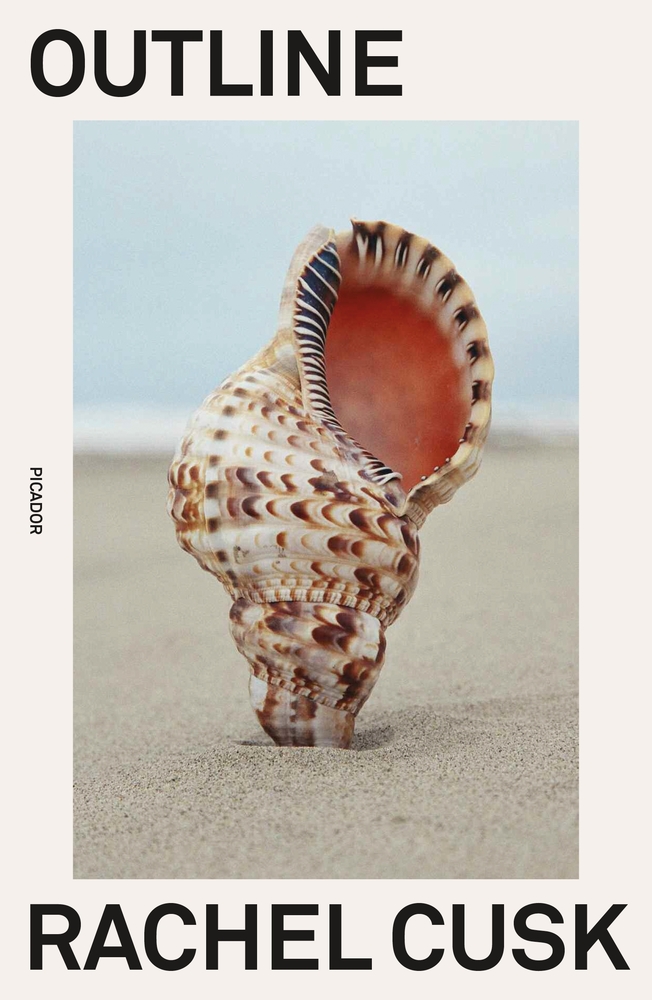Cusk’s method is creative and straightforward: define the narrator through negative space. Outline is a record of ten conversations in Athens. In each, the narrator Faye is almost silent; even her thoughts are outward-facing, rarely self-reflective. She listens to stories about heartbreak and identity, how relationships gradually create and erase and smudge our selves. She herself is determined to permit no more such intrusions. When others in the book attempt to reach her, she does even less than reject: she doesn’t react at all, and by not reacting asserts her autonomy—or tries, anyway. Several of her interlocutors are unconvinced that such a thing is possible. In one sense, they’re right. The conversations and settings and thoughts are recounted in words, after all, and words must be chosen, and by choosing one participates in the world. At the every least, the world presents mind with a finite set of options for how it (the world, the mind) may be reconstructed. Perfect autonomy is a delusion. In another sense, however, Faye’s rebellion is successful, if only in assuring, to the extent possible, that her existence does not smudge the lives of others. But isn’t that what women have always been asked to do? Bear the hurt and do not hurt? Outline is about damage and agency, to be sure, but also about the shared nature of our imprisonment—women, men, everyone. I wish there was a path out of pain that did not require the liberation of oppressors. It’s just so tiring to care for those who blindly or willingly abuse. But I’m not sure there is. The outline also creates the negative space. 8
Cusk, Rachel. Outline. Farrar, Strauss, and Giroux, 2014. Reviewed May 23, 2025.

Leave a Reply